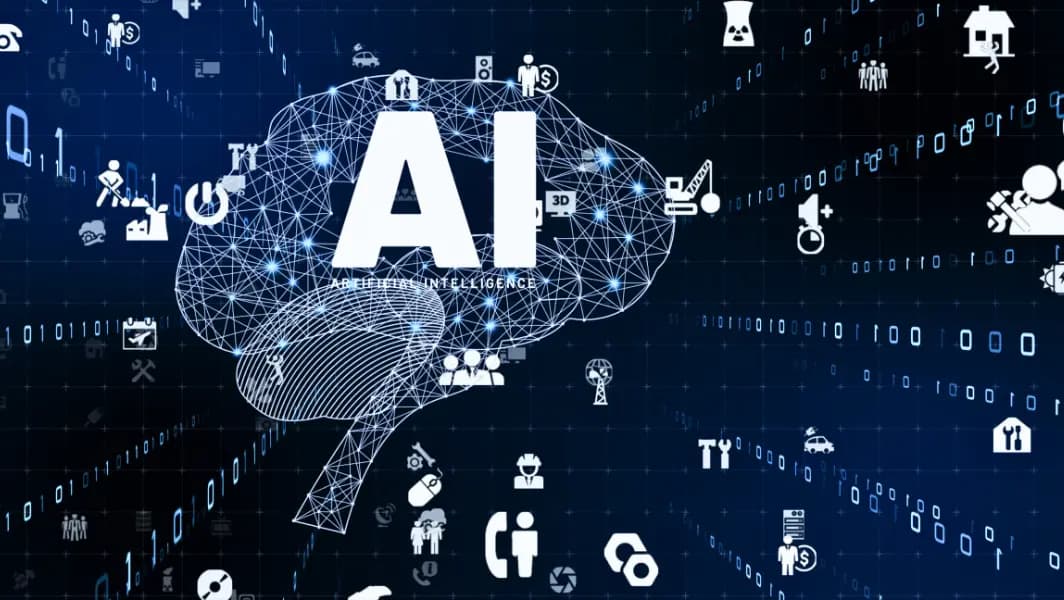
New AI Systems Clash with Copyright Law: The Battle Over Creators' Rights
As AI technology advances, legal challenges rise over the use of copyrighted material without consent, raising concerns among artists and content creators.
In the rapidly evolving world of artificial intelligence (AI), new systems are pushing the boundaries of what machines can do. From generating text and images to composing music, AI is reshaping industries. However, this progress is colliding with existing copyright laws, sparking debates about the rights of creators and the use of their intellectual property.
AI systems, such as generative models, work by analyzing vast amounts of data to "learn" from it, which allows them to create new works that mimic the style and content of human creators. These AI models often rely on publicly available material, including books, music, images, and videos, to train and improve their algorithms. As a result, AI can generate content that closely resembles existing works, raising questions about whether this constitutes a violation of copyright laws.
The Growing Debate Over Copyright and AI
At the heart of the issue is whether AI companies should be allowed to use copyrighted works without permission from the original creators. Current copyright law is designed to protect the rights of creators, ensuring they have control over how their work is used and compensated. However, the rise of AI technology is challenging this framework, as the systems rely on massive datasets to create new content.
In many jurisdictions, including the United States and the UK, copyright law is based on the idea that creators have exclusive rights to their works. This includes the right to control reproduction, distribution, and derivative works. However, AI models often "train" on these works without directly copying them, creating new content that is not an exact replica of the original. This has led to questions about whether AI-generated content constitutes infringement or if it falls into a new legal gray area.
Proposed Changes to Copyright Laws
In response to the rise of AI technology, some governments are considering changes to copyright law to address these challenges. In the UK, for example, the government has proposed allowing AI companies to use publicly available content to train their models, provided that creators have the option to "opt-out" of having their work used. This would mean that unless a creator explicitly denies permission, their work could be used for AI training without compensation.
Critics argue that this opt-out system is flawed, as it places the burden on individual creators to monitor how their work is being used by AI companies across the internet. Furthermore, many artists worry that they may not have the resources or ability to enforce their rights, leading to the widespread use of their content without fair compensation.
The Impact on Artists and Content Creators
For artists, musicians, writers, and other content creators, the potential for their work to be used without permission or payment is a major concern. Many fear that AI-generated content could undermine their livelihoods by flooding the market with cheap, machine-made alternatives to human-created art. Some also worry that AI systems could dilute the value of their work, making it harder to stand out in a crowded marketplace.
A silent protest album released by over 1,000 musicians, including Annie Lennox, Kate Bush, and Damon Albarn, illustrates the growing frustration within the creative industries. The album, Is This What We Want?, features recordings of empty studios to symbolize what artists fear the future of the industry could look like under the new copyright rules. The artists argue that these changes would allow AI companies to profit from their work without giving creators a say in how their material is used.
The Legal and Ethical Questions
The ethical and legal implications of using copyrighted material for AI training are complex. On one hand, AI systems offer tremendous potential for innovation, creating new ways for industries to generate content and solve problems. On the other hand, the use of copyrighted material without permission raises concerns about intellectual property rights and fair compensation for creators.
Some experts believe that the current copyright system needs to be updated to address the realities of the digital age, where AI can process vast amounts of data at lightning speed. Others argue that any changes should prioritize the protection of creators' rights, ensuring that they are fairly compensated when their work is used to train AI systems.
Looking Ahead
As AI technology continues to evolve, so too will the legal battles over copyright. Governments, tech companies, and content creators will need to find a balance between fostering innovation and protecting the rights of those who create the works that AI systems learn from. In the meantime, the debate over AI and copyright is likely to intensify, with both sides pushing for laws that reflect the rapidly changing landscape of technology and creativity.
For any enquiries or information, contact info@thelawreporters.com or call us on +971 52 644 3004. Follow The Law Reporters on WhatsApp Channels